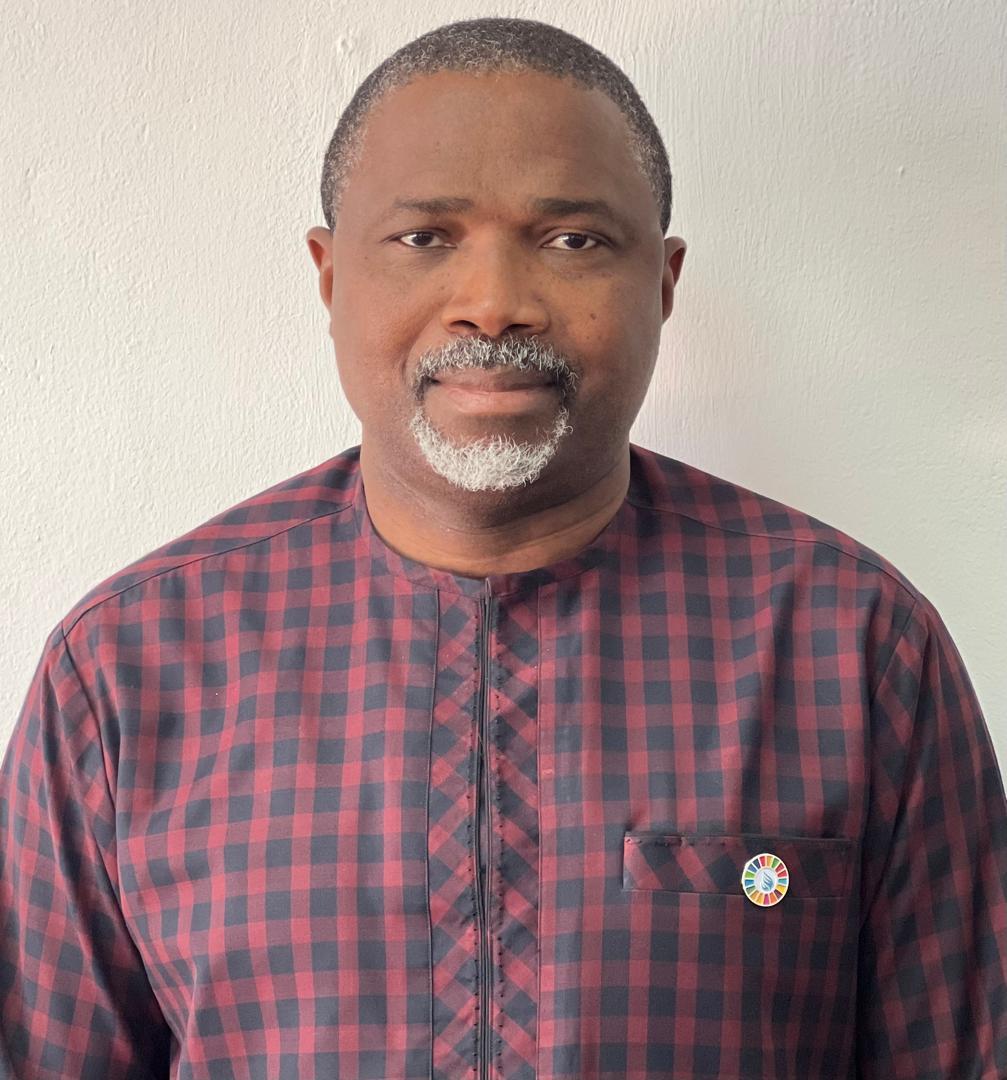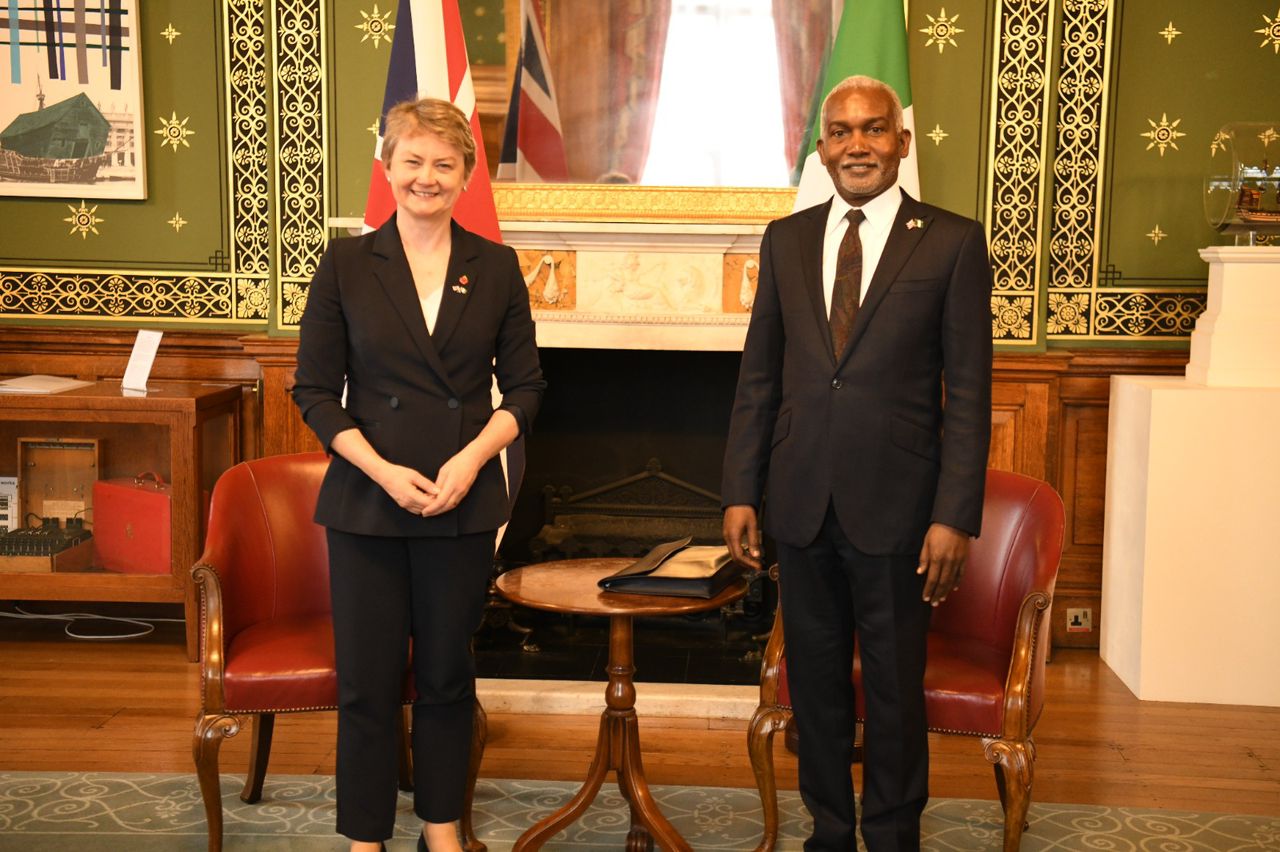Human Rights Due Diligence Must Be Legal Requirement For Nigerian Companies — Prof. Emelonye

International human rights scholar and former Senior United Nations Envoy, Prof Uchenna Emelonye has renewed calls for enforceable framework to mandate businesses in Nigeria adhere to policies and code of conduct that will entrench and internalize the protection of human rights in the course of their operations.
Emelonye, CEO of AfriRIGHTS and Professor of Law at Bournemouth University UK, made the call while speaking at the United Nations Business & Human Rights Panel Discussion with the topic: ‘From Policy To Practice: Operationalising Human Rights in Nigeria’s Industrial and Energy Transition’, which held on Thursday, November 6, 2025.
According to him, businesses in Nigeria need to act responsibly, align profit making with human rights standards, labour protections, and environmental sustainability and ultimately place people (workers, communities, and consumers) at the centre of profit. Decrying the many instances of human rights violations by businesses in Nigeria, Emelonye also advocated for a mandatory Human Rights Impact Assessment for all businesses that will embed rights into the design, implementation and closure phases of business projects. “When you take a closer look at the mining sector, you will notice that communities which host these mining activities are usually left in ruins after the operations of the mining companies. This is not supposed to be so if human rights are part and parcel of the life circle of the project thus ensuring concrete restitution, restoration, and accountability in case of violation”.
Additionally, Emelonye called on civil society organizations to move from being watchdogs of human rights violations by businesses to co-designers of enforceable remedies. “Civil society organizations must move from monitoring and reporting business and human rights incidents. They should shift their indicators from ‘number of reports published’ to number of community-designed remedy frameworks implemented, number of enforceable agreements reached, tangible restitution outcomes and level of community satisfaction with remedy process”.
The event, which was moderated by Adwoa Kufuor-Owusu of United Nations Office of the High Commissioner for Human Rights (OHCHR) drew participants from across the world and had other eminent panelists including Dr. Ayo Sotinrin, MD, Bank of Agriculture. It explored and proposed practical tools for government, businesses, and civil society to integrate human rights due diligence, strengthen social dialogue, and establish effective remedy mechanisms towards a business future for Nigeria that is inclusive, rights-respecting, and globally competitive.
Categorised as : News
No Comments »











